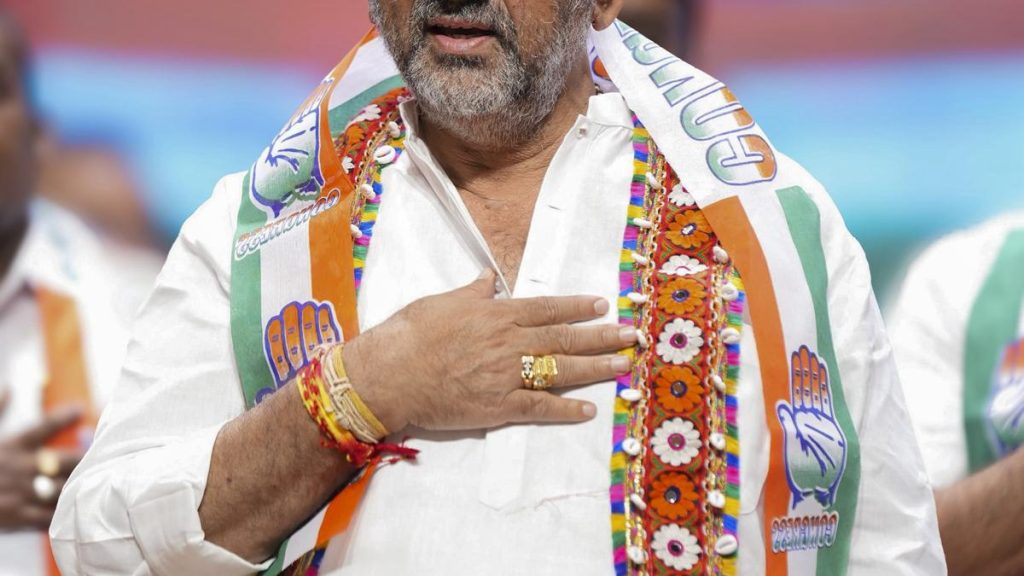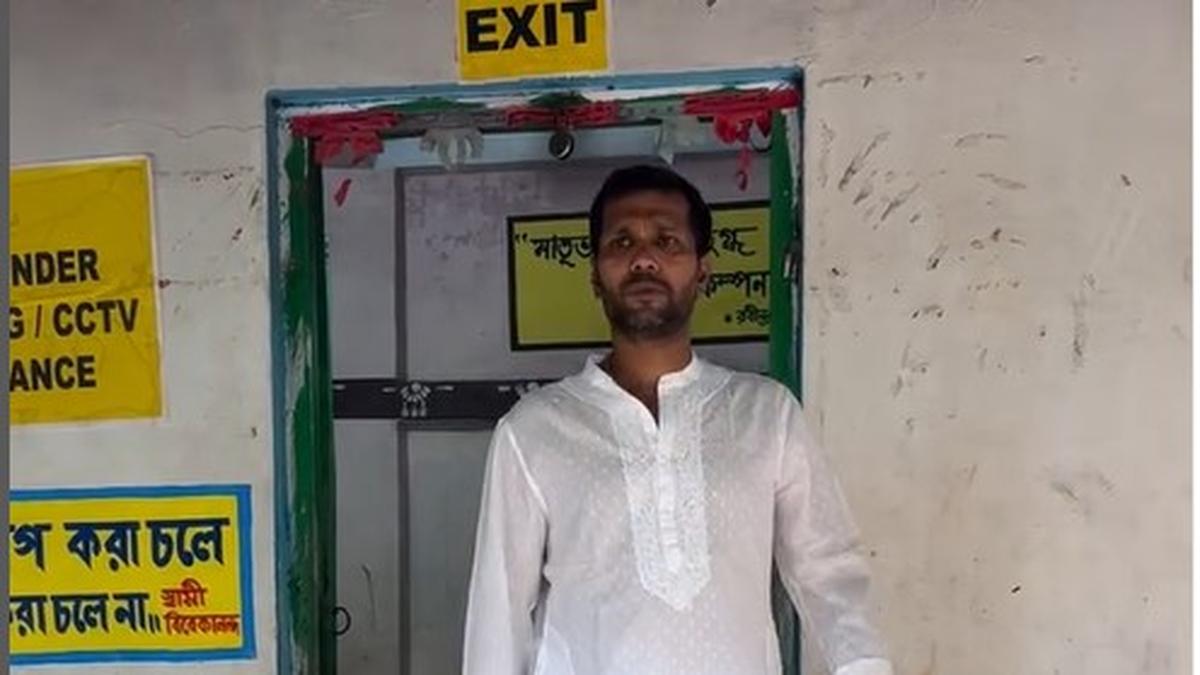Now Reading: Rahul Gandhi Criticizes SC Order on Stray Dogs, Calls It a Blow to Humane Solutions
-
01
Rahul Gandhi Criticizes SC Order on Stray Dogs, Calls It a Blow to Humane Solutions
Rahul Gandhi Criticizes SC Order on Stray Dogs, Calls It a Blow to Humane Solutions
Fast summary
- Supreme court Directive: The Supreme Court has directed Delhi-NCR authorities to permanently remove stray dogs from public spaces and relocate them to shelters, citing an “extremely grim” situation of dog bites causing rabies, especially among children.
- Implementation Plan: Authorities are instructed to create shelters for around 5,000 dogs within six to eight weeks. Shelters will include provisions for personnel duties like sterilisation, vaccination, care of the dogs under CCTV monitoring.
- Strict Enforcement Measures: The Bench warned strict legal action against obstruction by any individuals or organizations opposing thes efforts.
- rahul Gandhi’s Reaction: Congress leader Rahul Gandhi criticized the directive, saying it is a step back from humane policies. He advocated for sterilisation, vaccination, and community care instead of blanket removals that he described as cruel and short-sighted.
Image Details:
!80/PRESS-MEET-03.jpg”>Press Meet Photo
!Read More
Indian Opinion Analysis
The debate surrounding stray dog management highlights conflicting priorities between public safety and animal welfare in India. The Supreme Court’s decision underscores immediate concerns over human health risks from rabies but raises ethical questions about large-scale relocation without addressing root causes such as uncontrolled breeding or insufficient immunization programs. While the directive aims at swift action against a growing problem in urban areas like Delhi-NCR,Rahul Gandhi’s call for more compassionate alternatives emphasizes long-term approaches prioritizing sterilization and community integration.
India faces unique challenges balancing compassion with pragmatism in handling sensitive issues like this.Shelters may offer temporary respite but could strain resources or lead to overcrowding unless supported by systematic interventions such as robust sterilization campaigns. Effective execution will depend on coordination among civic bodies while ensuring accountability through measures such as CCTV surveillance proposed by the court.
This reflects broader policy tensions where urban planning must account not only for human populations but also coexistence strategies with animals-a critical consideration as cities expand rapidly across India.























